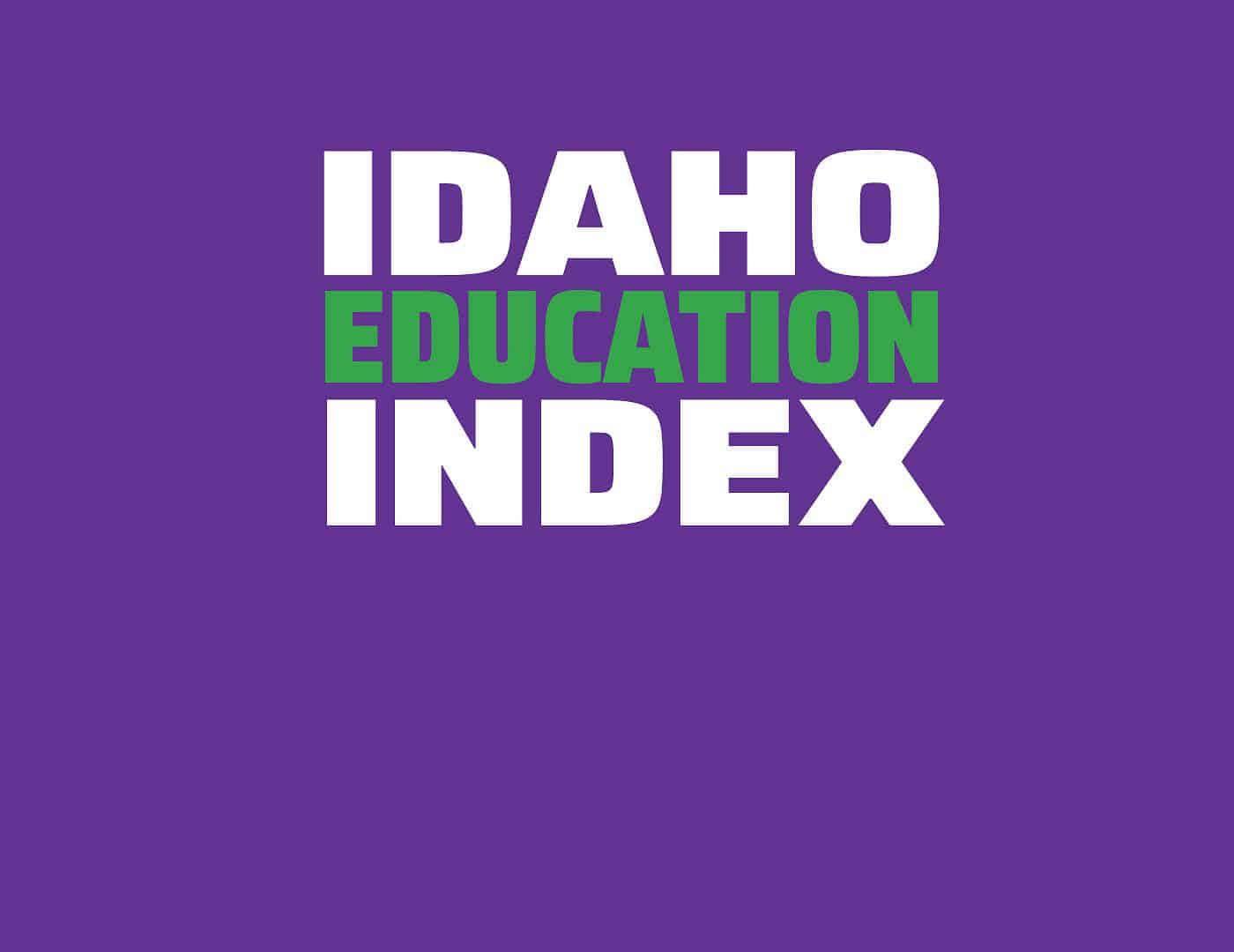


Bill Description: House Bill 268 would require elected school board officials to undergo state-mandated training by the State Department of Education or its designee.
Analyst’s Note: A similar bill, Senate Bill 1285, was introduced in 2020 and earned a rating of -2 on the Idaho Freedom Index. The proposed policy includes several additions and changes, so it merits a lower rating.
Rating: -4
Does the bill finance education based on the student rather than the institution? (+) Conversely, does the bill finance education based on an institution or system? (-)
House Bill 268 would significantly increase spending on the public education system. Currently, Idaho spends $652,000 on training for school boards and administrators. The fiscal note for House Bill 268 states that the bill would add $848,000 in additional funding, which would increase spending on these trainings to $1.5 million. The text of the bill would mandate that each school district and each charter school receive “no less than six thousand six hundred dollars ($6,600)” to use for training. Under current law, districts and charters can receive “up to” $6,600. In fact, the bill language suggests that school districts could receive even more than $6,600 to use on relevant training. It would provide that “[f]unds over six thousand six hundred dollars ($6,600) shall be distributed on a reimbursement basis based on a process prescribed by the superintendent of public instruction.”
(-1)
Does the bill allow schools to be more flexible, improve feedback mechanisms, and decentralize decisions to the family or individual level? (+) Conversely, does the bill add to the existing education bureaucracy? (-)
House Bill 268 would expand the role of the State Department of Education (SDE) by requiring the agency to conduct training on the duties of a school board of trustees or a charter school board of directors. The training would include “[t]he role of a trustee or director,” data literacy, goal setting, “[m]ethods of evaluating a superintendent or charter school administrator,” media training, open meeting laws, and public records laws. According to the bill, the SDE would oversee the training or hand it off to a designee or authorized provider.
The bill would also require the SDE or its designee to conduct “biennial training related to strategic planning, managing transparent board meetings, and school finance.”
Finally, the bill would require the SDE or its authorized provider to “offer optional training to persons interested in serving as board members.”
As IFF observed in 2020, “Many private sector education organizations already provide school board members and other people in public education with training and resources, and highlight current issues and innovative approaches. This legislation would cause a state agency to take on this responsibility and give special standing to those issues or perspectives that the agency wants to highlight to the exclusion of others. … It is conceivable that the ‘designee’ for this legislation would be a private sector organization, perhaps the Idaho School Board Association or Idaho Education [Association], as examples. Still, this legislation interferes with the spontaneous order of the market, in which school board members can choose the training that is most appealing or applicable to them or that of their district.”
(-1)
Does the bill create more transparency or accountability in public education institutions? (+) Conversely, does the bill reduce transparency and accountability in such institutions? (-)
House Bill 268 would remove a section of Code that establishes a state commission for education excellence within the office of the State Board of Education. The commission is charged by the Legislature with “analyz[ing] the measurable student achievement data and continuous improvement plans in the various districts and public charter schools in Idaho and then discuss[ing] and consider[ing] changes in statute or rule that could enhance outcomes.” Removing this section of Code would reduce accountability for student academic achievement.
(-1)
Does the bill reinforce the idea of equal treatment under the law, merit, individual responsibility, personal agency, and expectations of academic excellence? (+) Conversely, does the bill allow for any type of discrimination against, or grant preferential treatment to, any individual or group for any purpose on the basis of race, sex, color, economic class, ethnicity, national origin, geographic area, legacy status, or other identity group? (-)
House Bill 268 would remove a section of Code that requires a continuous improvement plan of a school district or charter school to “[i]nclude the individual staff performance on each of the performance criteria as defined in section 33-1001, Idaho Code, including measurable student achievement and student success indicator targets and the percentage of students meeting those targets.” This would undermine the idea of merit for teachers.
(-1)

